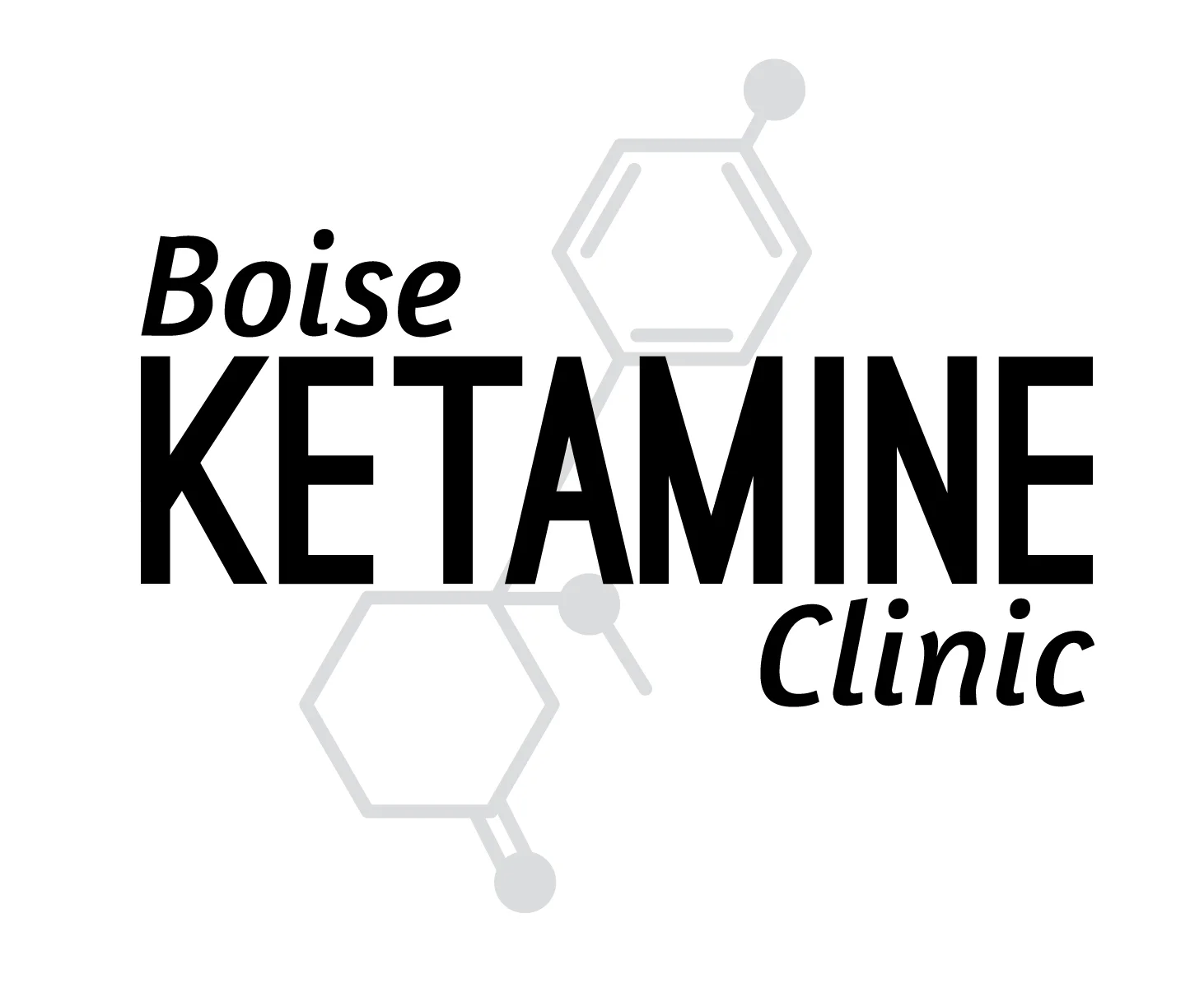If you can’t measure it, you can’t manage it.
Boise Ketamine Clinic uses MoodMonitor– a secure, reliable, easy-to-use reporting and monitoring tool– that helps us ensure the best possible outcomes for our ketamine patients.
Space for clinic-specific content— like success rate, value proposition or other differentiator. Three line maximum.
Why use a mood monitoring system?
Multiple studies have shown that frequent evaluations of a patient’s symptoms during the course of ketamine treatment improve long-term outcomes. We’ve seen first hand the benefit of close communication between provider and patient, and believe MoodMonitor provides multiple benefits.
Keep your treatment on Track
Self-tracking helps you become more mindful of your mood, allowing you to seek help before you fully relapse. You can see you mood chart at any time, and if you see it start to dip, you can schedule a booster.
BETTER OUTCOMES VIA MEASUREMENT-BASED CARE
According to one study, patients whose clinicians were receiving patient-reported symptom rating scale data showed a 28% greater improvement in outcomes, compared to those whose clinicians weren’t receiving feedback.
BELIEVE IN A HIGHER QUALITY OF CARE
MoodMonitor will help you feel more engaged in your care, giving you more control over your health. By graphing your mood, you and your provider will be able to see which interventions work and adjust your treatment plan accordingly.
How the MoodMonitor system works
1
MoodMonitor checks in with the patient via text message, requesting a mood score each day and sending a clinically verified surveys every other week.
2
MoodMonitor records and tracks the patient’s score, along with treatment details entered and updated by the patient’s doctor.
3
Doctor and patient access the patient’s chart to view or record treatments, and make informed, data-driven decisions about changes to the treatment plan.








